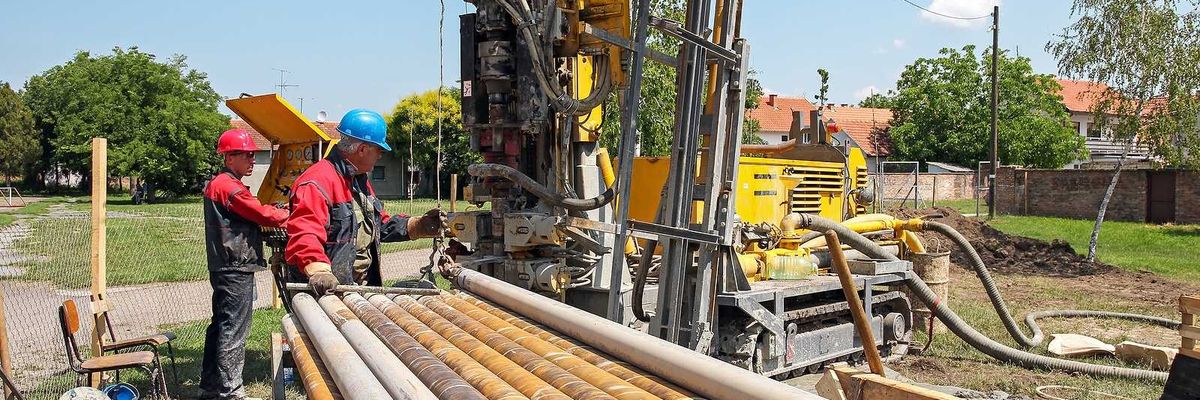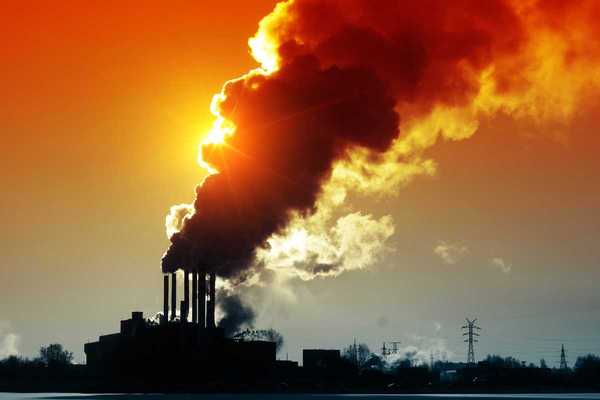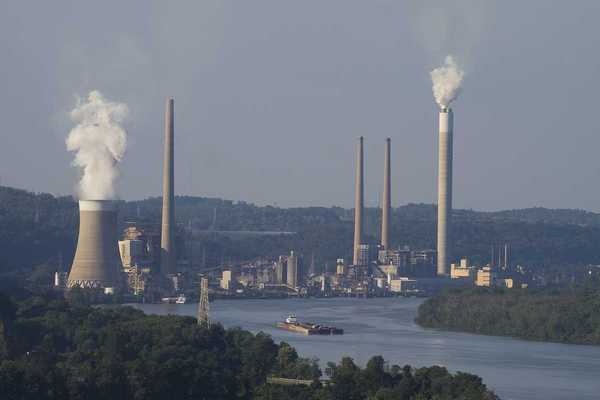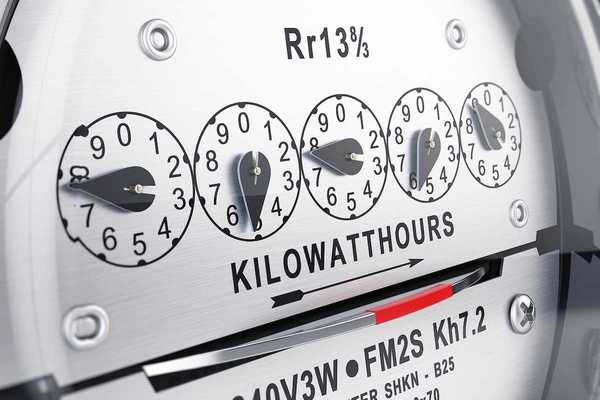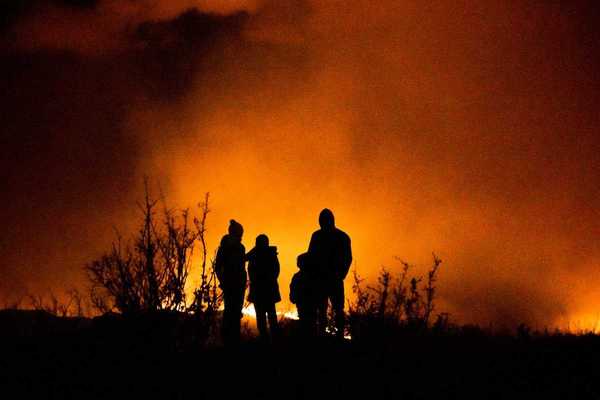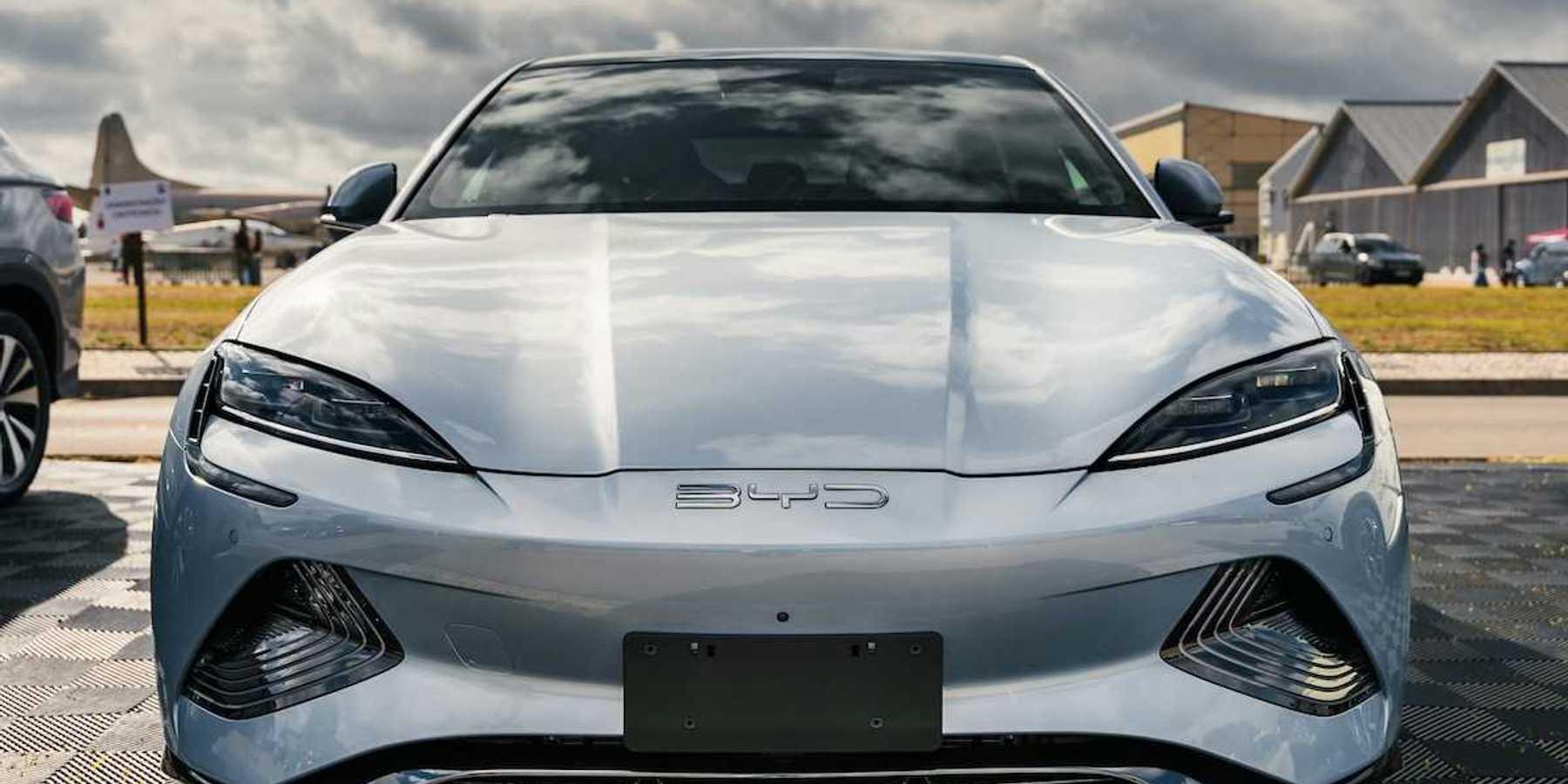environmental justice
Newsletter
Credit: vladek/BigStock Photo ID: 46192432
Supreme Court fight over HFCs takes aim at power of Congress
A new petition to the high court marks the latest effort by conservative groups to revive the nondelegation doctrine.
Opinion
Credit: Mikhail Dudarev/BigStock Photo ID: 14021453
Opinion: Beyond ‘endangerment’: Finding a way forward for U.S. on climate
Environmentalists are challenging the EPA’s repeal of the “endangerment finding,” which empowered it to regulate greenhouse gases. Whether or not the action holds up in court, now is the time to develop climate strategies that can be pursued when the political balance shifts.
Credit: Joeri Mombers/Unsplash
State lawmakers introduce bills to fight water pollution from cruise ships
The bills, from Sen. Jesse Kiehl and Rep. Sara Hannan, would push cruise lines to use cleaner fuel.
Credit: Martti Salmi/Unsplash
Ferries emit ‘more sulphur pollution than cars’ in several EU capitals
Dublin, Helsinki, Stockholm and Tallinn among port cities more choked by sulphur oxides from ferries, analysis shows
Credit: joshuaacarr/BigStock Photo ID: 82932053
Environmental groups challenge air permit for natural gas expansion at Atlanta plant
The Sierra Club and Southern Environmental Law Center are suing over state regulators’ approval of new gas turbines at Plant Bowen, citing concerns about worsening air quality.
Credit: Sashkin/BigStock Photo ID:
Why electricity bills are so high — and how the blowback could hit Trump
As Democrats and climate activists seize on energy costs as a political issue, new data shows electricity rates rose 5 percent nationwide in 2025. The figures were much higher in some states.
Credit: Caleb Cook on Unsplash
What emergency managers say they need more than ever
We heard from more than 40 current and former emergency managers in 11 states about what they need to prepare for the next disaster — and what they aren’t getting.
ORIGINAL REPORTING
MOST POPULAR
CLIMATE



